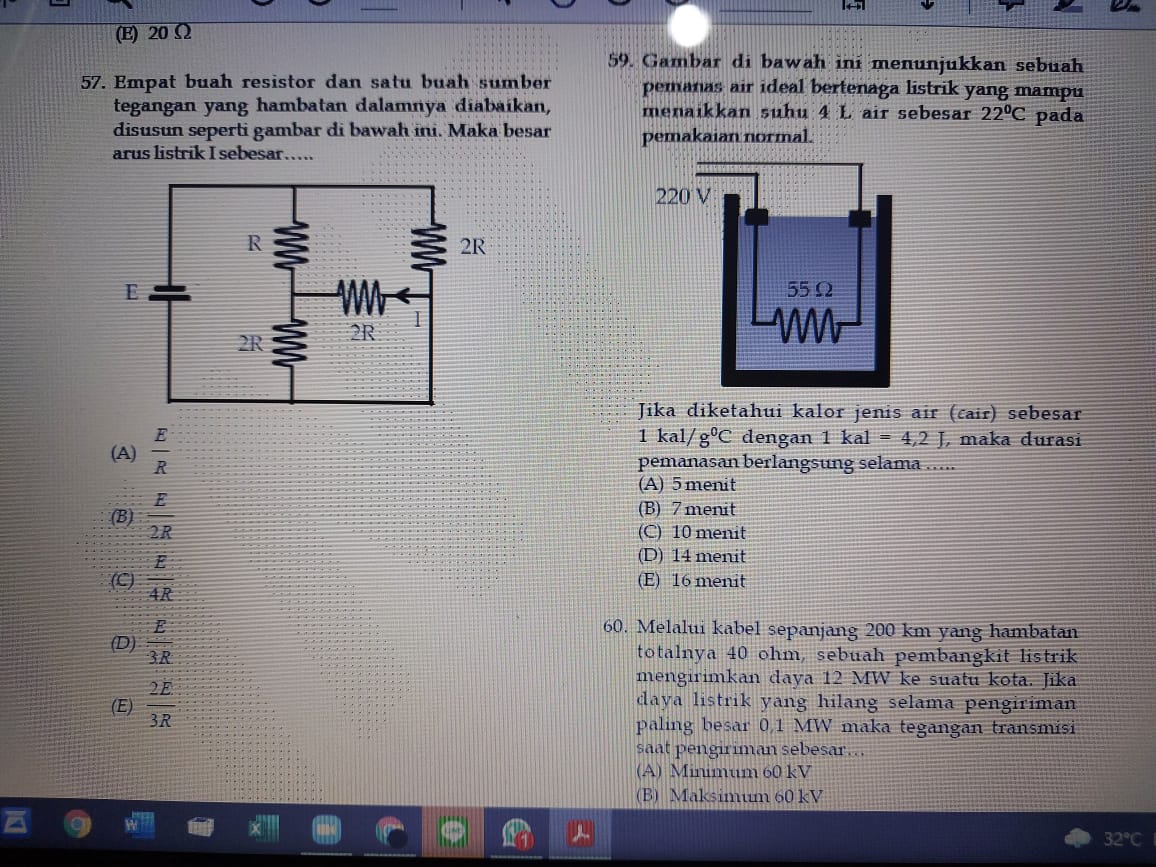
Permutation and CombinationQuestion and Answers: Page 6
Question Number 160389 Answers: 0 Comments: 2
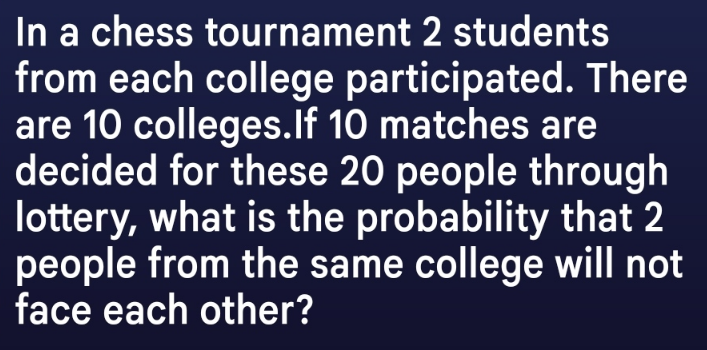
Question Number 159715 Answers: 0 Comments: 1
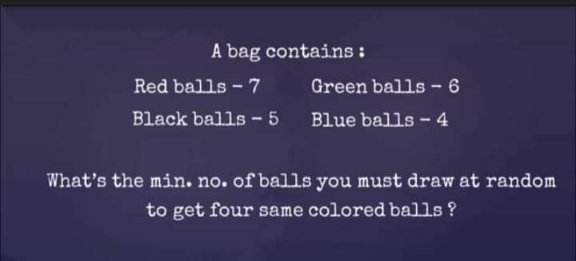
Question Number 159259 Answers: 1 Comments: 0
Question Number 158955 Answers: 1 Comments: 0
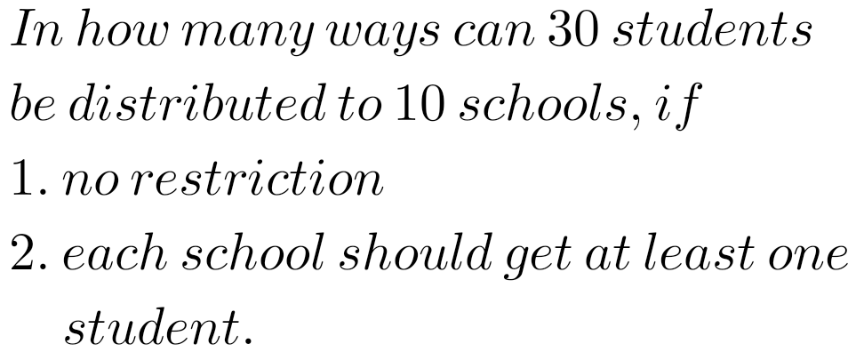
Question Number 158529 Answers: 1 Comments: 0
Question Number 157980 Answers: 2 Comments: 0
Question Number 157126 Answers: 0 Comments: 9
Question Number 156979 Answers: 2 Comments: 2

Question Number 155842 Answers: 1 Comments: 1
Question Number 155816 Answers: 1 Comments: 0
Question Number 155356 Answers: 0 Comments: 0
Question Number 155109 Answers: 1 Comments: 0
Question Number 155075 Answers: 1 Comments: 4
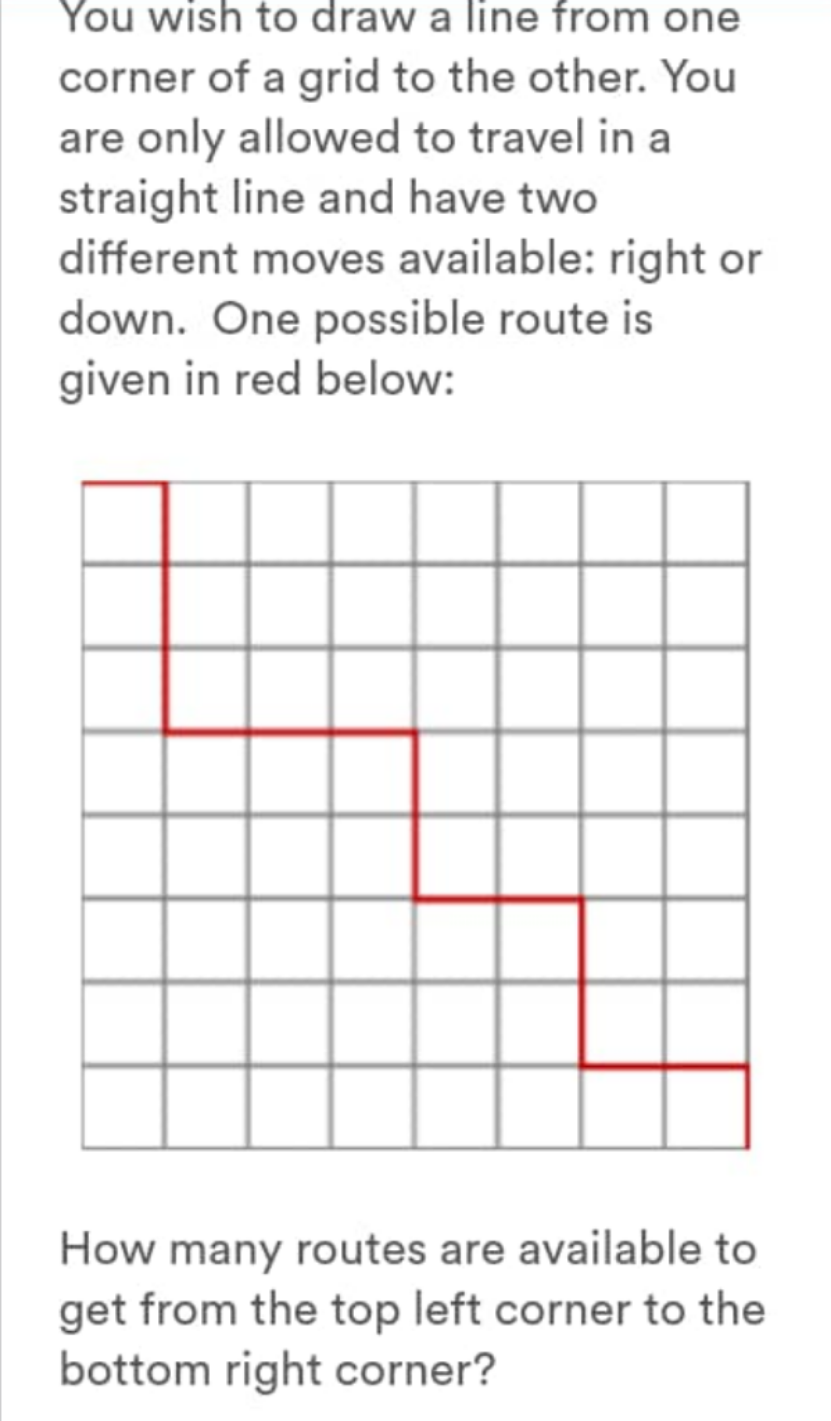
Question Number 155257 Answers: 1 Comments: 5

Question Number 154287 Answers: 0 Comments: 0
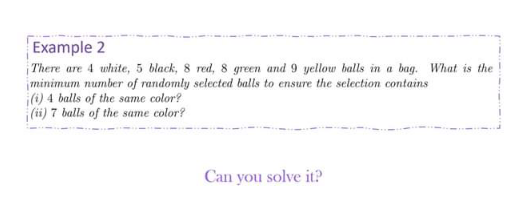
Question Number 154268 Answers: 0 Comments: 3
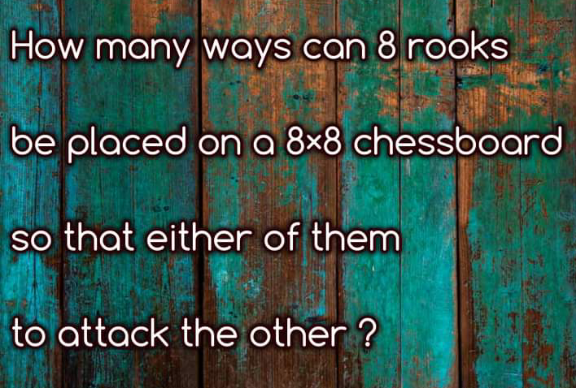
Question Number 153714 Answers: 2 Comments: 0
Question Number 153220 Answers: 1 Comments: 0
Question Number 153216 Answers: 0 Comments: 1
Question Number 153181 Answers: 0 Comments: 2
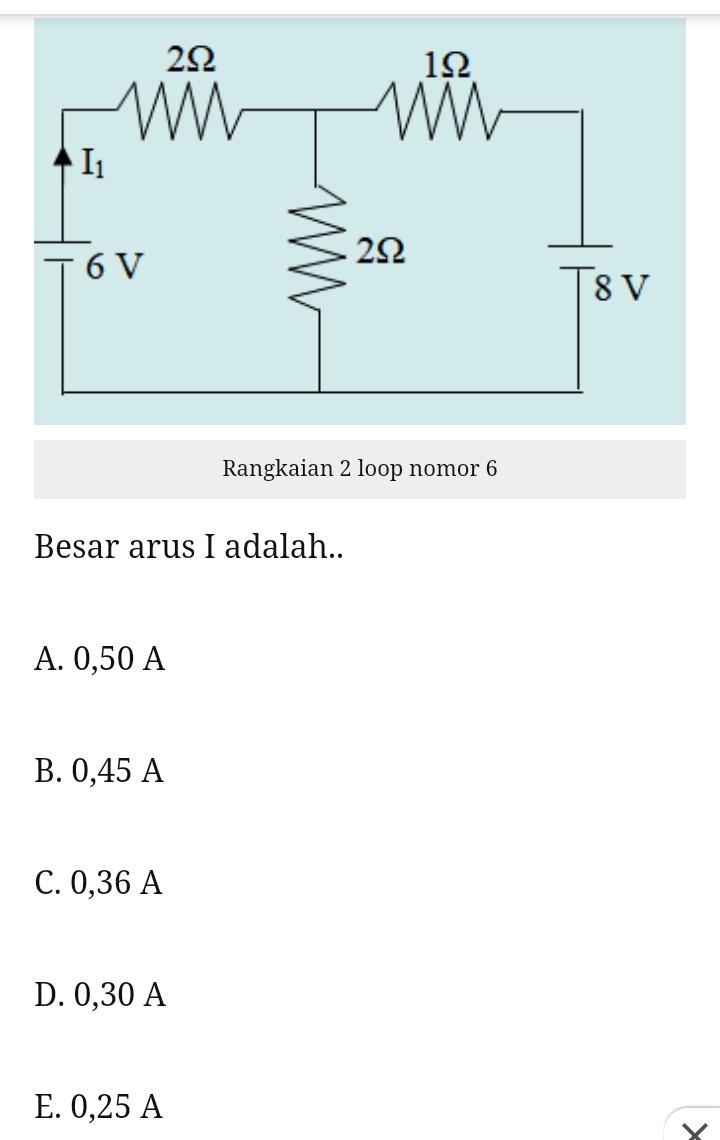
Question Number 153182 Answers: 0 Comments: 2
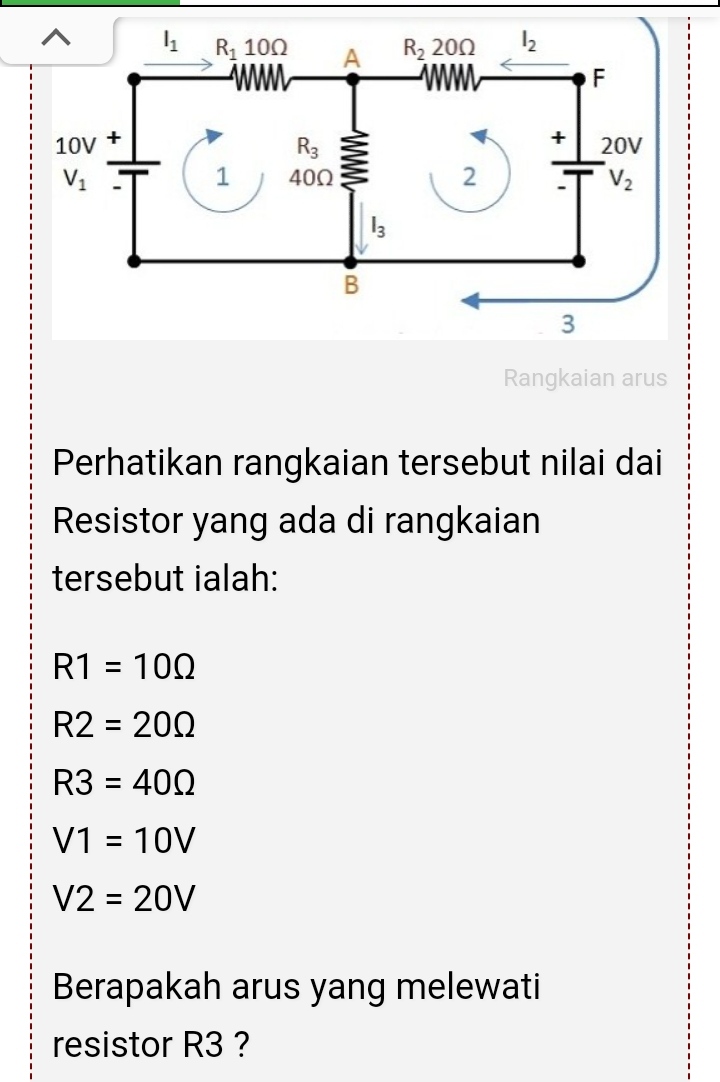
Question Number 153174 Answers: 0 Comments: 1
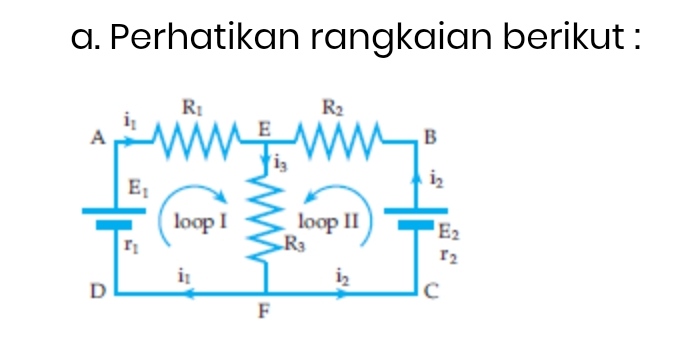
Question Number 153173 Answers: 2 Comments: 1
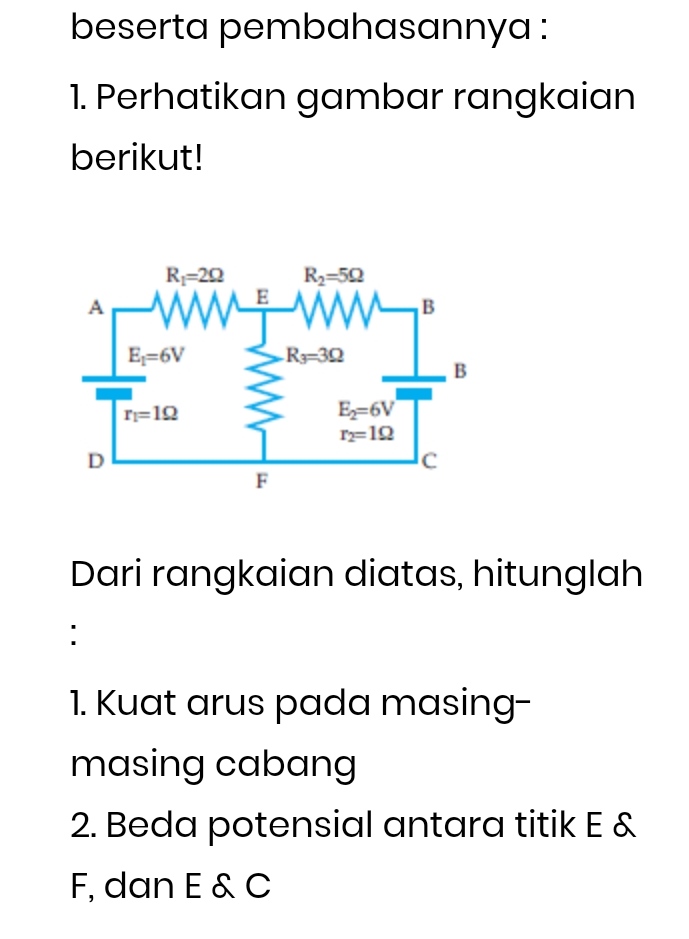
Question Number 153057 Answers: 1 Comments: 0
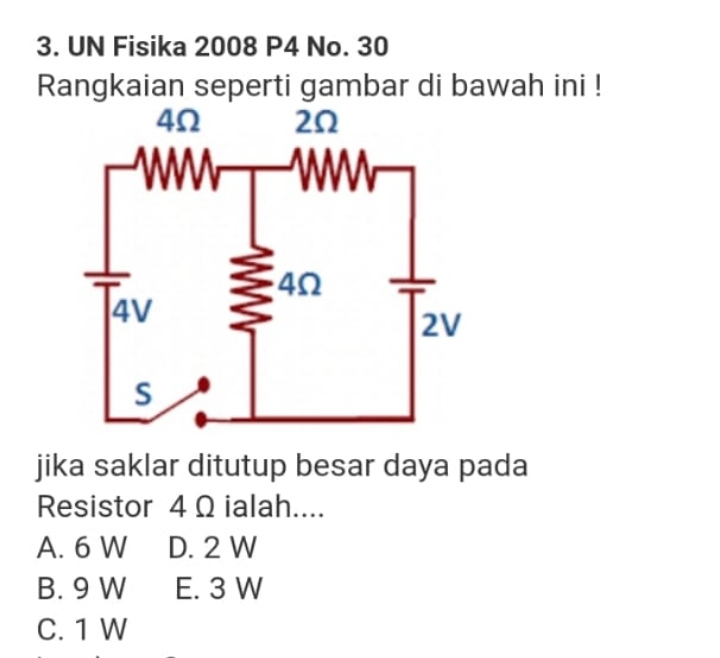
Question Number 152536 Answers: 1 Comments: 2
Question Number 151832 Answers: 3 Comments: 0
